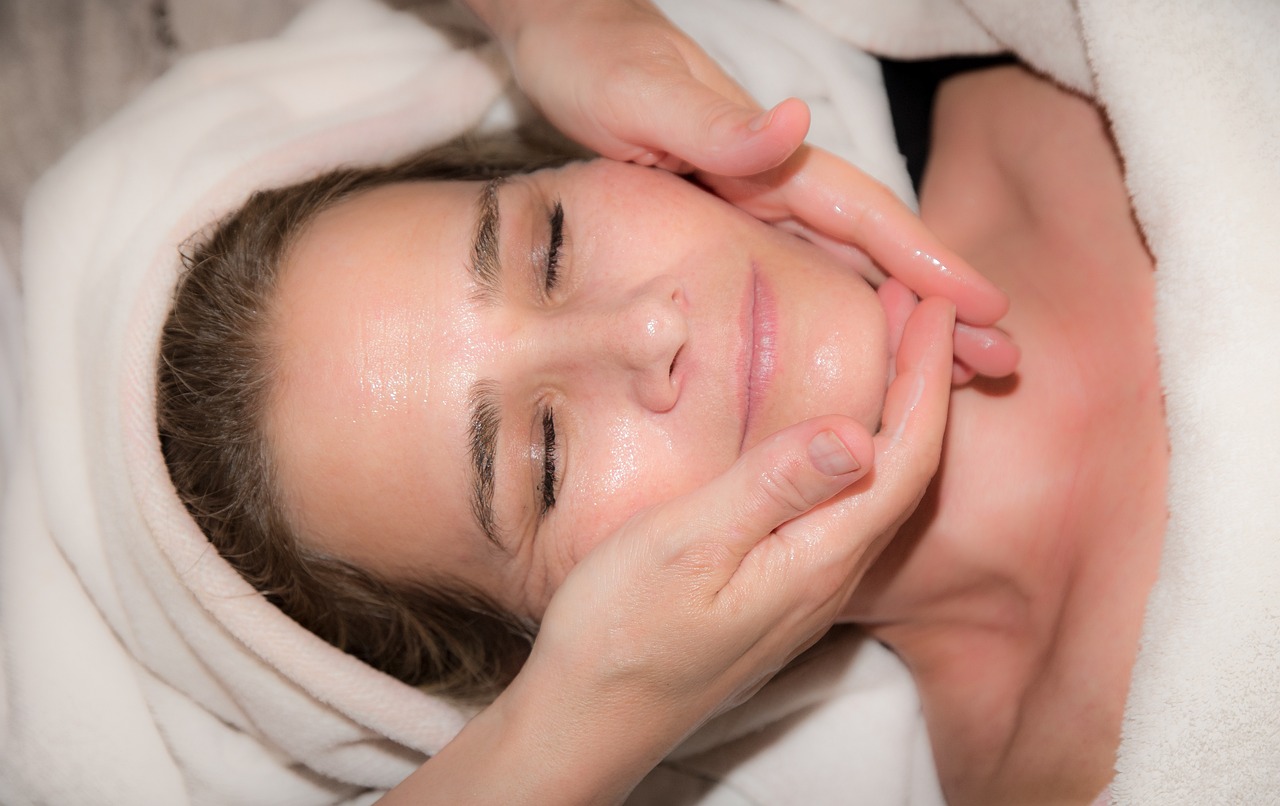The value of lymphatic drainage massage

By Dina Gavarieva
Lymph nodes are tiny glands that play a key role in the body’s immune system, and when things aren’t working well it can lead to fluid retention, skin disorders, fatigue, insomnia, digestive problems, arthritis and migraines.
In simple terms, lymph nodes are the landing spot at which T cells – the immune system’s fighting cells – lay dormant, waiting to be activated to fight infection or other abnormal cells.
There are hundreds of these heroes spread throughout the body, which means that immune cells don’t have to travel far when an immune response is needed.
In fact, so important are lymph nodes to our health, a study released last week revealed potential plans to implant an ‘artificial lymph node’ under the skin to teach immune cells how to recognise and kill cancer cells.
So, what do lymph nodes actually do?
Lymph nodes are part of the lymphatic system, which is rather like a rubbish disposal and security team rolled into one, helping to keep your body clean and safe.
The lymph nodes act like checkpoints that filter toxins from the body’s fluid. This helps to keep tissues healthy by getting rid of waste and fighting off germs.
Unfortunately, we now live in a world where we are bombarded with up to 700,000 toxins a day, resulting in an overload of toxicity that the lymphatic system struggles to cope with. This can lead to very serious health issues.
Understanding this, Danish doctor Emil Vodder, and his wife Estrid Vodder, pioneered the lymphatic drainage massage in the 1930s as part of their work treating chronic sinusitis and other immune disorders.

While working on patients with chronic colds, they noticed they all had swollen lymph nodes, so the doctors developed a light, rhythmic massage to promote lymph movement.
Manual lymphatic drainage works by encouraging the natural drainage of the lymph that carries waste products away from tissues back towards the heart.
While the heart continuously pumps blood through blood vessels, the lymphatic system relies on the movement of smooth muscles to transport fluid through the lymph vessels.
When it reaches the lymph nodes, the fluid gets filtered and cleaned, and the waste is taken into the blood stream where the toxins are eliminated through the kidneys and urine.
Besides toxin overloads. health conditions can also interrupt the normal flow of lymph, causing fluid to build up in a particular area of the body, often in the arms or legs, where it can cause swelling; a condition called lymphoedema.
People tend to develop lymphoedema as a result of infections, medical treatments, or procedures that involve the removal of lymph nodes. It can also be caused by other conditions that damage the lymphatic system.
In these cases, lymphatic massage can reduce swelling and improve circulation throughout the lymphatic system.
Very gentle, and very superficial compared to deep tissue massages, a lymphatic massage begins at the throat and works down in order to open the channels of the body’s cleaning system.
As well as people with lymphoedema, a lymphatic massage can benefit anyone suffering from fibromyalgia, swelling or oedema (also known as fluid retention or dropsy), skin disorders, fatigue, insomnia, stress, digestive problems, arthritis and migraines.
In fact, a 2015 study of massage techniques concluded that for sufferers of fibromyalgia, lymphatic massage was “superior to connective tissue massage regarding stiffness, depression and quality of life”.
However, there are notable exceptions: people who have congestive heart failure, blood clots, kidney problems, infections, or circulation problems should not have a lymphatic massage.
As ever, if you are unsure, or you suffer from a medical condition not mentioned here, do talk to a doctor before trying any new treatment.
Beating the Summer Heat
With temperatures soaring in Cyprus and humidity levels spiking, it’s crucial to make sure you protect yourself from the potentially hazardous effects of extreme heat.
While we all love warmer weather, a Cyprus summer can be challenging, especially when temperatures reach dangerous levels.
According to experts, temperatures above 32°C (90°F) coupled with high humidity can pose serious health risks due to the body being unable to cool itself through sweating, leading to heat-related illnesses such as heat exhaustion and heatstroke.
Heat exhaustion symptoms generally include heavy sweating, weakness, dizziness, nausea and headache.
If left untreated, heat exhaustion can escalate to heatstroke, a life-threatening condition characterised by a body temperature above 39.4°, confusion, rapid pulse and loss of consciousness.
To protect yourself from heat-related problems, try to take these preventive measures:
- Stay hydrated: drink plenty of water throughout the day and avoid beverages that contain caffeine or alcohol, as they can contribute to dehydration;
- Seek shade: limit exposure to direct sunlight, especially between 10am and 4pm, by finding shade when outdoors – use that beach umbrella;
- Wear appropriate clothing: lightweight, loose-fitting clothing in light colours reflect sunlight and heat, and wear a wide-brimmed hat and sunglasses for added protection;
- Cool down: take a cold shower or a bath to lower your body temperature, and use fans or air conditioning to circulate air to create a cooler indoor environment;
- Rest: if you are working or playing outdoors, take frequent breaks in shaded or air-conditioned areas;
- Listen to your body: if you feel unwell, have a drink, cool down, rest, and if you still feel unwell, seek the advice of a medical professional.
Also, do keep an eye on your children, or elderly friends and family – as well as your pets – because they are more susceptible to heat-related illnesses.
So, remember – stay cool and enjoy a safe Cyprus summer this year.
Dina Gavarieva is a qualified naturopath practising at Neomed Institute and Medical Centre, Limassol
